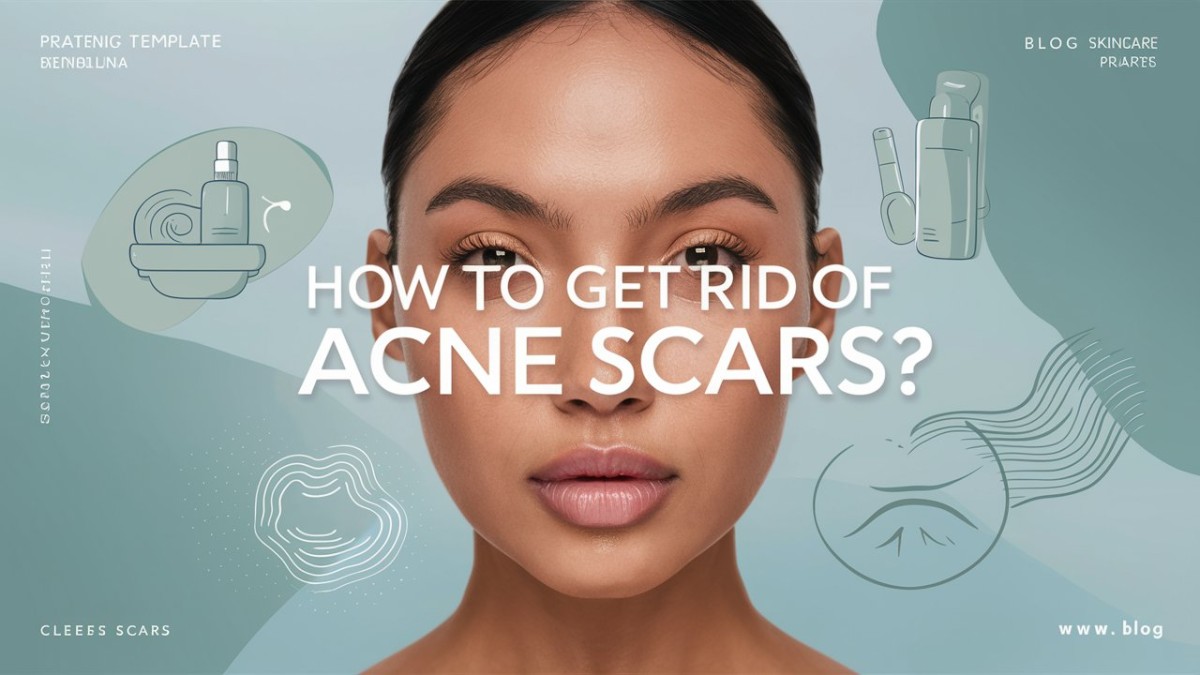Have you ever stood in front of the mirror wishing to get rid of those indelible scars that arise from acne, even after the acne disappears?
Do you ever ask yourself how do I get my skin back to that porcelain and glowing look? You're not alone!
Acne scars are a statement of a terrible situation, which is however not devoid of remedy if one is persistent in his or her quest for a new and improved skin. This article will explain the causes of acquisition of the scars as well as classify the resultant scars and how to lessen their appearance.
Understanding Acne Scars: What Are They?
Acne scars are residues of the skin after healing of an acne lesion. They can be categorized into two main types:
❖ Atrophic Scars:
These are the common ones and manifest as sunken or depressed areas on the skin. They are precipitated by necrosis of the skin tissue. There are always the subtypes; the ice pick scars or also known as the deep narrow scars, the rolling scars which are the broad depressions having sort of wave like appearance and lastly the boxcar scars that are characterized by sharp edges.
❖ Hypertrophic Scars:
These are small, hard, red ugly growth on the skin which develops as a result of excess collagen production in the process of repair. While not as frequent, there are circumstances where it is rather noticeable and could last for quite a long time.
Why Do Acne Scars Form?
The knowledge of the causes of acne scars will assist in avoiding them and selecting the ideal treatment. When one has acne, inflammation and skin damage deters formation of tissue consequently reducing healing. This can lead to the formation of scars due to:
❖ Excessive Collagen Production:
Collagen is produced by the body and used to fix the skin, at times, the body overproduces collagen thus, causing the formation of these lesions.
❖ Loss of Collagen:
In other cases, the body does not produce enough collagen resulting in depressed scars, this is especially true with body-sporting individuals or patients with gunshot wounds.
❖ Delayed Healing:
Severe acne is commonly characterized by inflammation and thus undergoes slow healing hence has the potential to cause scars.
Effective Treatments for Acne Scars
For the symptoms there are a lot of treatments, but the effectiveness of the treatments varies from one another. Here’s a rundown of some popular and proven methods:
Topical Treatments
❖ Retinoids:
Such prescription-strength derivatives of Vitamin A as tretinoin stimulate the skin cell turnover, as well as enhance collagen synthesis, making scars less visible over time.
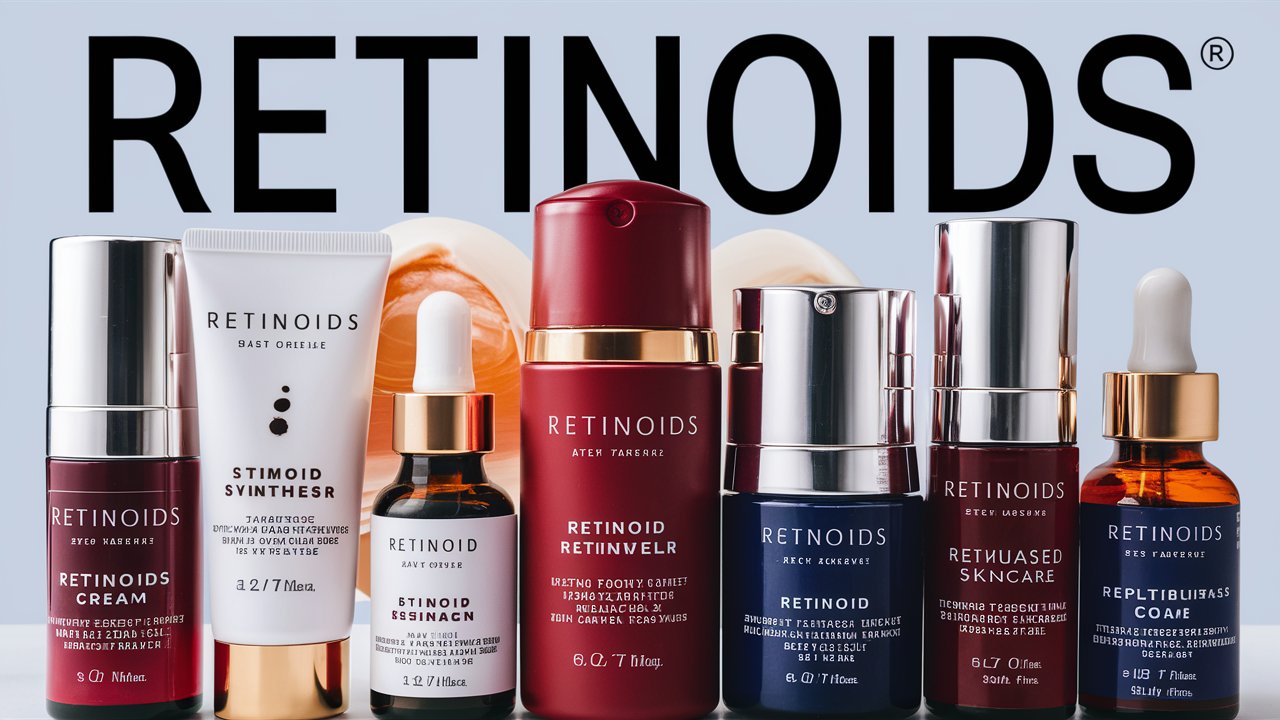
❖ Vitamin C:
It participates in the synthesis of collagen and may be useful in lightening of the hyperpigmented scar.
The Minimalist 10% Vitamin C is a fine example of the line’s minimalism and it works well for the skin because it does not cause irritation and is silicone and sulfate-free, which helps to reduce new dark spots.
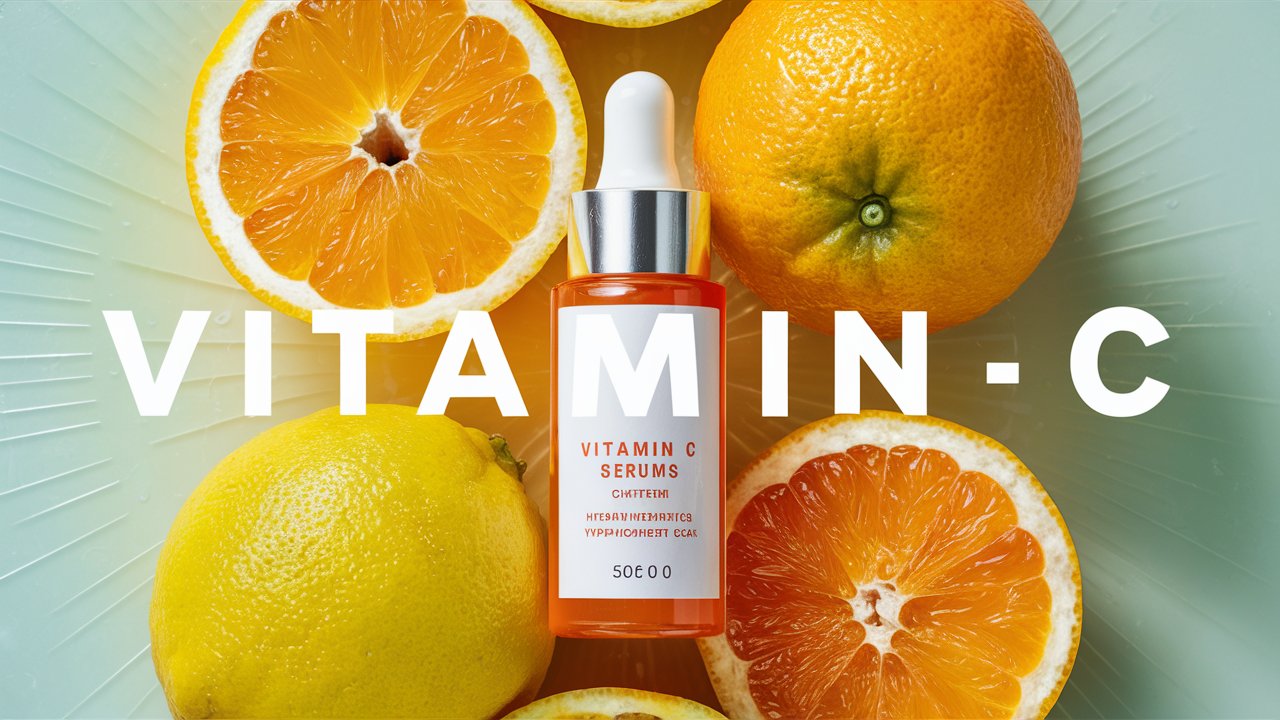
❖ Alpha Hydroxy Acids (AHAs):
AHAs, like glycolic acid, work on skin’s surface, they remove the dead skin cells and lessen hyper-pigmentation and roughness.
Paula's Choice Skin Perfecting 5% AHA Gel Exfoliant is known for its effective exfoliation and skin smoothing benefits.

❖ Silicone Gels:
In the case of hypertrophic scars, silicone gels are useful in flattening of the scar and their size reducing.
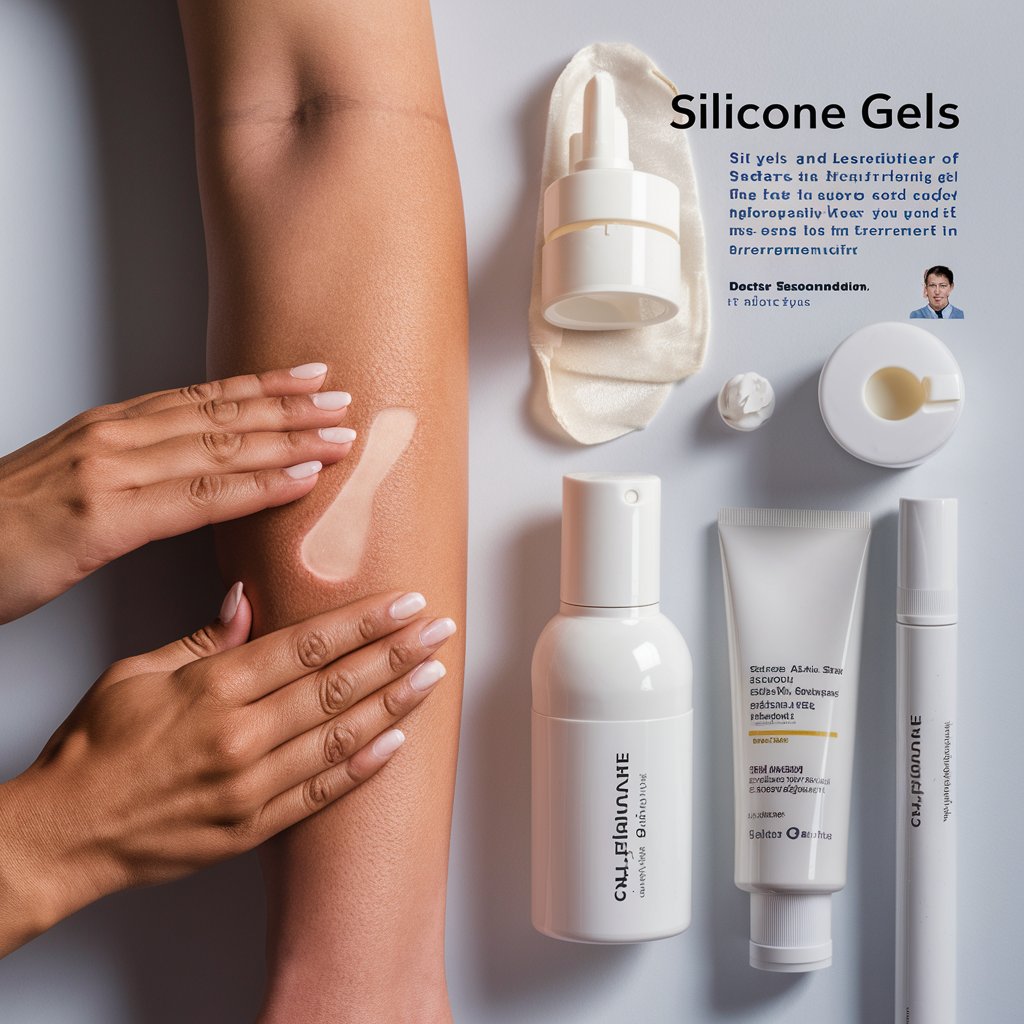
Chemical Peels
Chemical peels mean using a solution that is applied to the skin through which the upper layer is shed to expose the new skin layer. This process can thus facilitate the improvement of the surface characteristics of the skin and especially the acne scars, particularly the atrophic ones.
Microneedling
Microneedling seeks to prick the skin with a device that has very tiny needles to cause small injuries that stimulate the skin into action. This promotes collagen synthesis as well as enhances the quality of the skin in relation to scars.
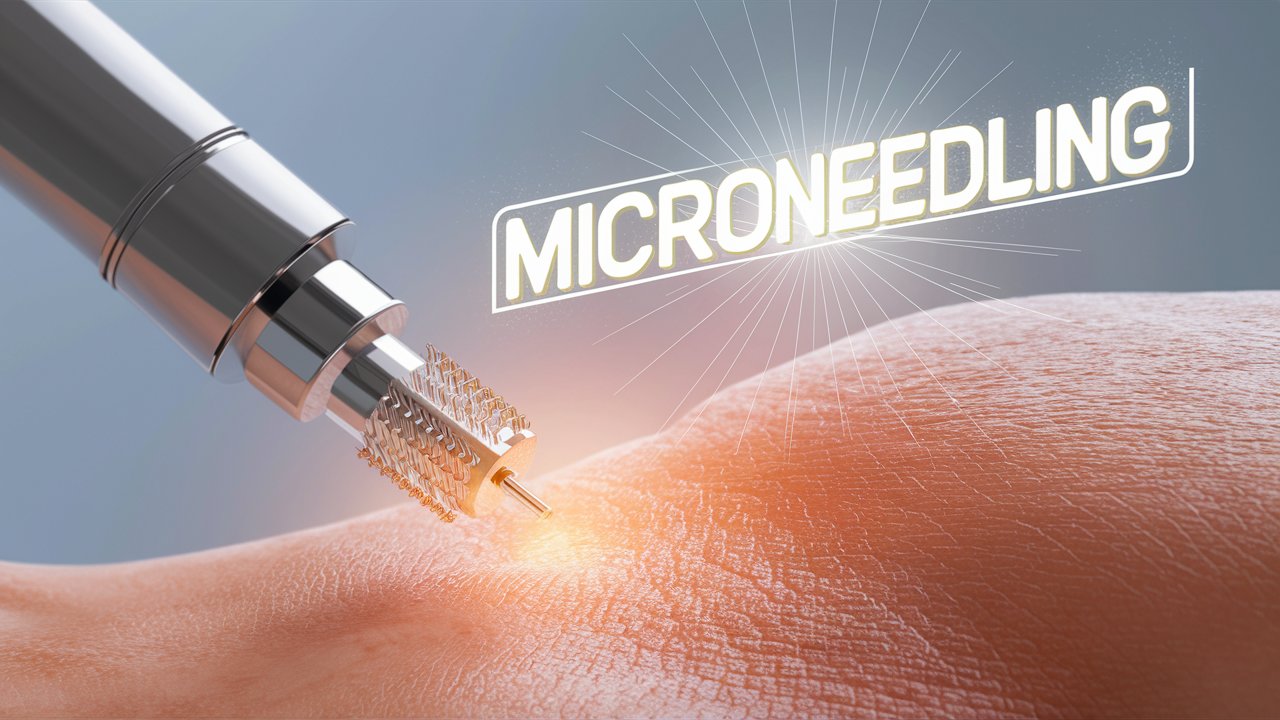
Laser Therapy
LED lights shrink dilated blood vessels and promote the manufacture of collagen through laser therapies. Regarding the sort of lasing used, it depends on whether the scar is keloid, hypertrophic, or atrophic.
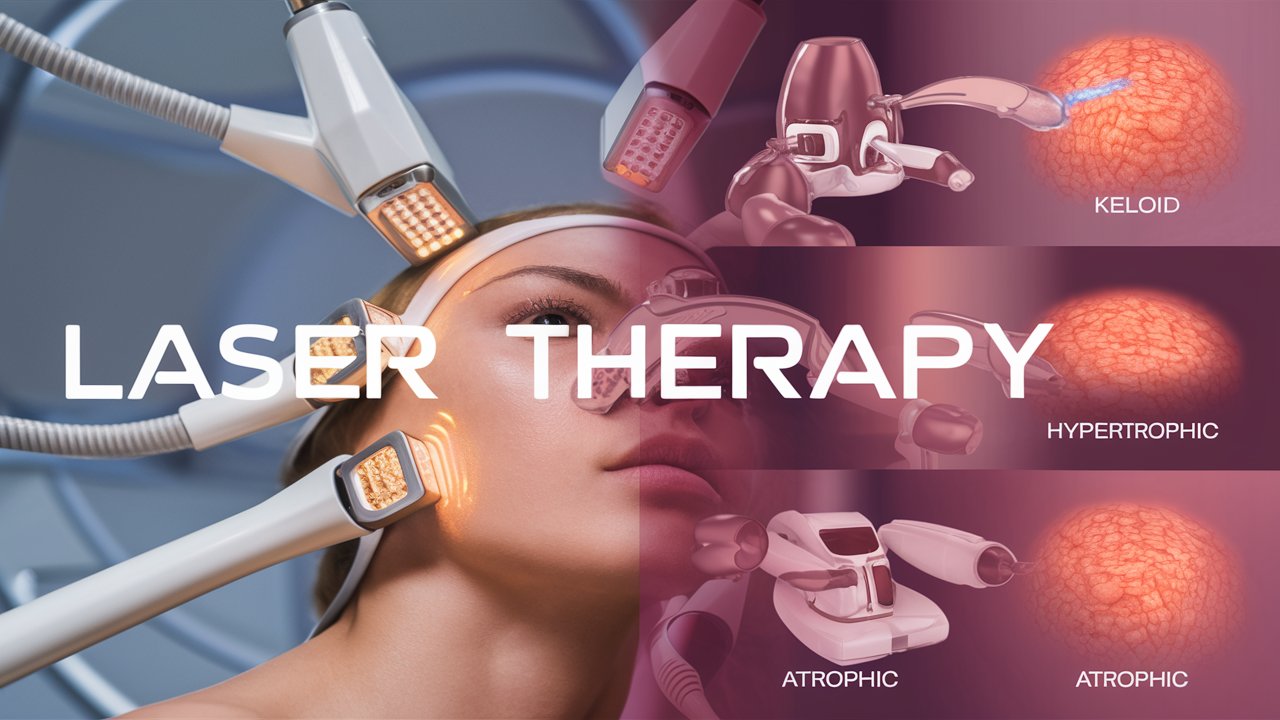
Dermal Fillers
In cases of deeper atrophic scars dermal fillers can be used to fill up the scars making the surface of the skin smoother.
Cryotherapy
The fourth is the process of cryotherapy that uses liquid nitrogen to freeze the regions containing scar tissues and can also play a role of reducing hypertrophic scars.
Surgical Options
In extreme cases, one may need surgery such as subcision (where the scar tissue is mechanically separated with a needle) or skin grafting may be required.
Home Remedies and Natural Treatments
If you prefer natural remedies, there are several options to consider, although their effectiveness can vary:If you prefer natural remedies, there are several options to consider, although their effectiveness can vary:
❖ Aloe Vera:
Fresh aloe vera is famous for its effect of calming the skin and has desired effect on inflammation and healing processes.
❖ Honey:
Honey also has advantages such as moisturizing and healing to which can be of great use in scar minimization.
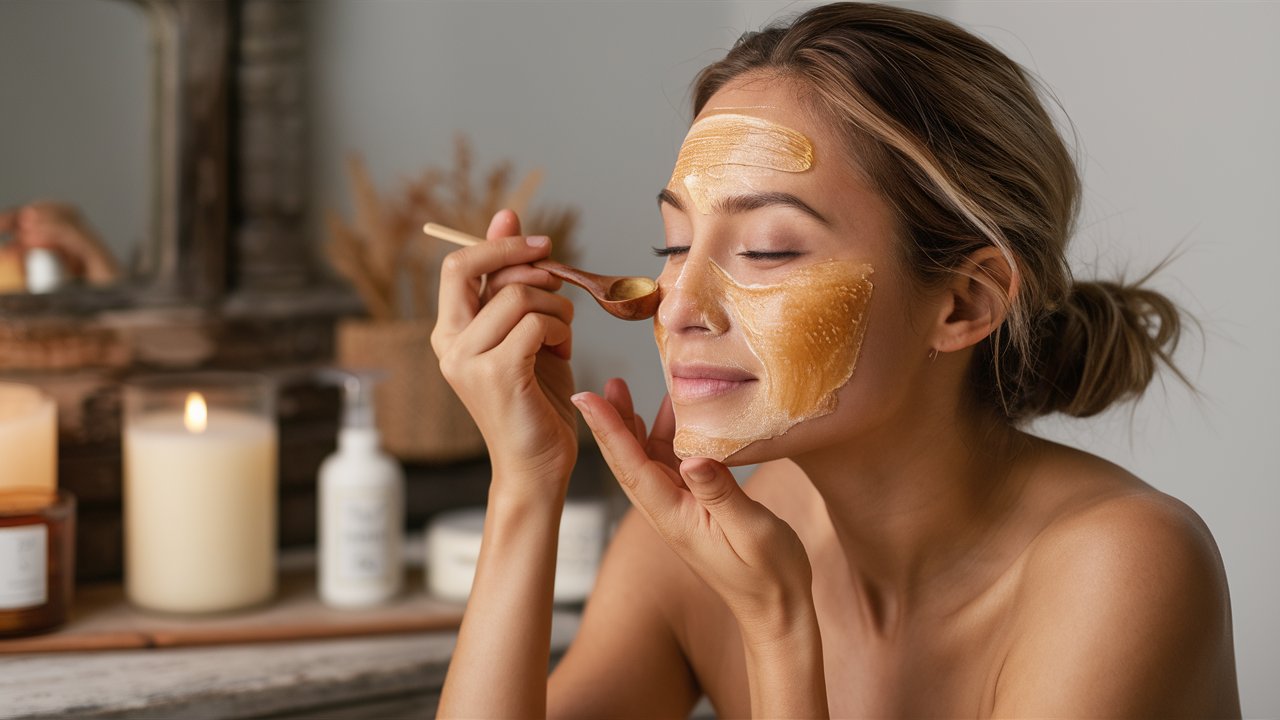
❖ Lemon Juice:
Lemon juice has acidic content which already works as natural exfoliation, but it is sensitive and should be applied carefully as it can make skin more sensitive.
❖ Rosehip Oil:
Containing Omega and vitamins, rosehip oil has the benefits of skin renewal and scar minimization.
Prevention Tips
Preventing acne scars involves managing acne effectively and taking steps to protect your skin:
❖ Avoid Picking or Squeezing Acne:
This is because this can lead to heightened inflammation and therefore provision of new nutrients or blood that can lead to scarring.
❖ Use Non-Comedogenic Products:
Make sure products used, especially in the aspects of skin care and applying make up, do not block the pores.
❖ Wear Sunscreen:
Damages caused by UV radiation can be mainly noted by an increased pigmentation of your skin which you could avoid, making scars less apparent.
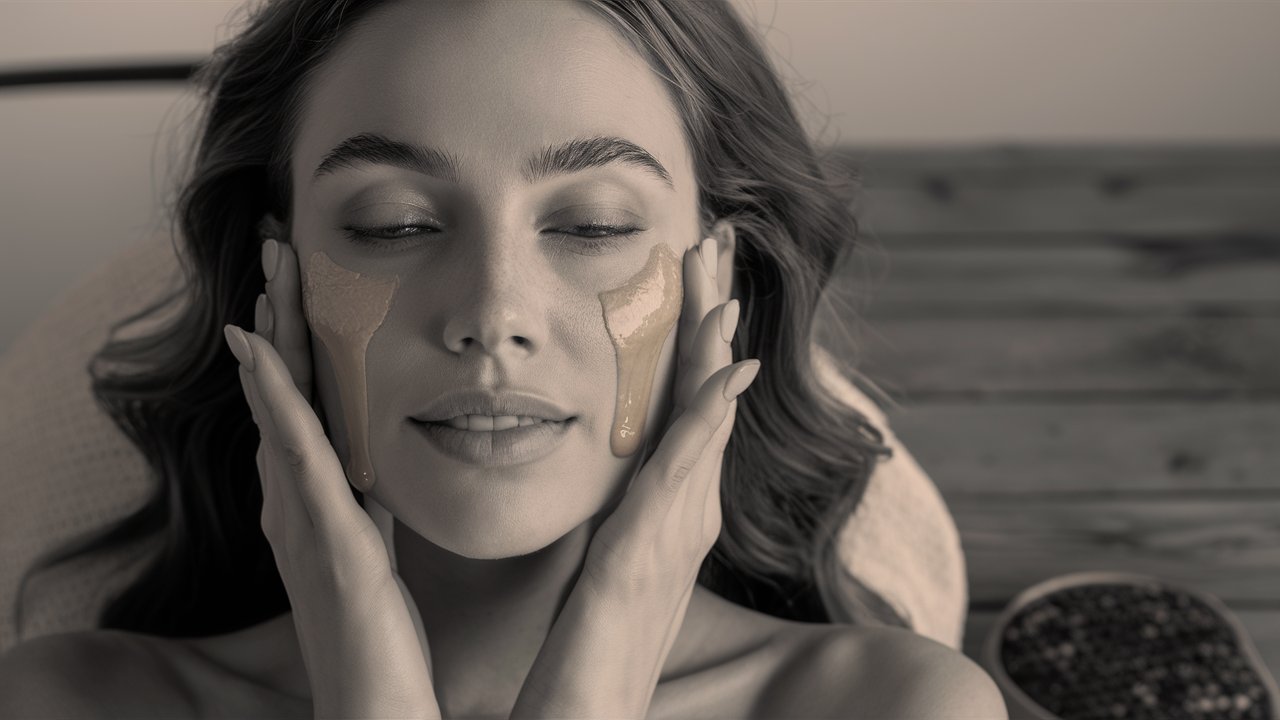
❖ Maintain a Consistent Skincare Routine:
Another advantage of taking great care of your skin is that you will be able to wash it more often, scrub it, and apply creams on it to make it strong and firm.
Consulting a Dermatologist
In this case, the best thing to do is to seek the service of a dermatologist especially if you have recurrent acne scars. They will be able to suggest the right treatment plan that will be suitable for the skin type and the extent of the scars. A dermatologist can furthermore offer recommendations on how the indicated therapies have to be used in parallel.
For more related information don't forget to check out our blogs on Skincare!
Conclusion
As much as people find it hard to treat the marks left behind, it is relatively easier to manage the condition, especially since acne scar treatments help to restore skin health and beauty. It is, therefore, crucial to be consistent with the chosen topical treatments, professional procedures, or natural remedies, and be patient. Just be patient because although the acne scars will take time to disappear, the path to great skin is achievable.
